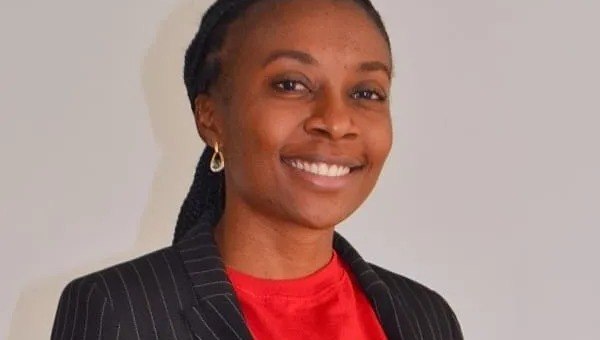Second Spring School on Transnational Organized Crime and Terrorism

A Chadian UN peacekeepers stands near a wall hit by a mortar during the visit of Under-Secretary-General for Peacekeeping Operations Herve Ladsous to the site of the suicide attack that killed two UN peacekeepers from Chad on November 23 in Tessalit, North of Mali. Photo MINUSMA/Marco Dormino
John Cabot University and the United Nations Interregional Crime and Justice Research Institute (UNICRI) are pleased to announce the second edition of the Spring School on Transnational Organized Crime and Terrorism.
The course will be held at JCU from 7 to 11 May 2018.
Application deadline: 25 April 2018
Transnational organized crime and terrorism represent two of the most complex threats facing the international community today. When analyzing the nexus between terror and crime, the distinction between these concepts becomes blurred, and can at times converge − investigating and understanding this link may assist in the implementation of informed national and international legal standards in the fight against criminal and terrorist networks.
With these considerations in mind, UNICRI will deliver this one-week intensive course on Transnational Organized Crime and Terrorism to shed light on their potential nexus. More specifically, the curriculum of the course focuses on:
– Transnational organized crime: definitions, organizations and legal framework
– Terrorism: definitions, groups, and legal framework
– Nature of crime-terror relationship
– Organized crime and terrorism in cyberspace
– Terrorist financing
– Impact of crime-terror nexus
– Critical reflections on the crime/terror nexus
The Spring School combines theory-based lectures with roundtable discussions, challenging case studies, and practical exercises. The faculty is composed of leading scholars and academics from JCU and other universities, as well as international legal experts from the United Nations system, international and non-governmental organizations, and civil society.
In this unique learning environment, participants will have the opportunity to interact with internationally recognised experts, meet peers and build lasting professional relationships with young professionals and students from around the world. This intensive experience fosters intercultural dialogue and promotes a deeper understanding of two of the most salient issues faced by the international community.





